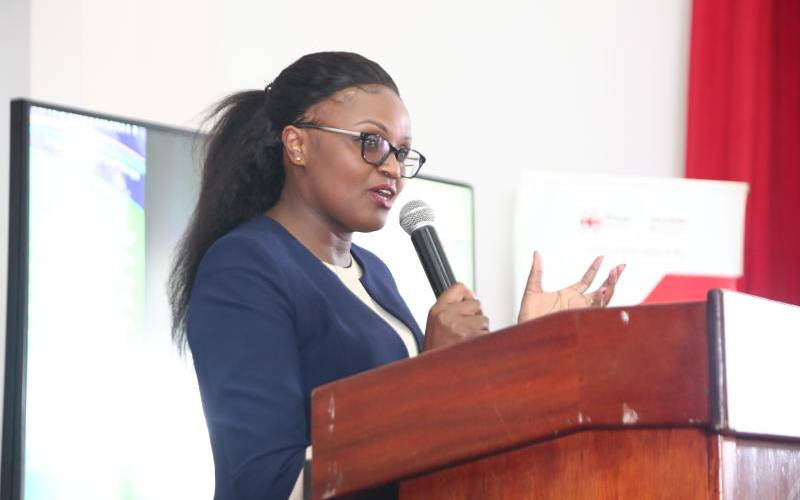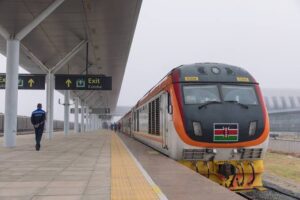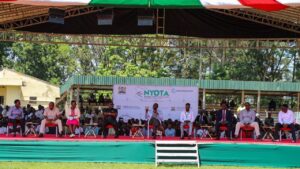
Kenya’s, informal sector employs 8% of its own force,and accounts for more than a third of the country’s GDP but according to the 2019 census,majority of kenyans have no tertiary education with only 11% having attained post secondary education.
Following recommendation by the presidential working part on education reforms,the ministry of education spot on the final touches, the framework will recognize education and skills gained, through experience and informal learning.

The recognition of prior learning framework set to be launched on october,will enable workers in informal sector,to acquire tertiary qualifications and exploits opportunities for employment.
The framework will also provide relief to alarm seekers and refugees with prior qualifications,many of whom have been locked out of the job markets.
Applicants will submit evidents of knowledge and experience,in the desired field and undergo assessments,to determine whether they qualify for a certificate.
Speaking at a validation workshop in Naivasha,kenya National Qualification Authority Director General,Alice Kande said,the policy will align kenya’s National economic plan will change in global trends.

With the cost of tertiary education steadly raising,the policy is expected to plug skilled gaps and enhance access to formal qualifications. But as the job markets faces pressure on tax increaments,the impact of the policy remains to be seen.






